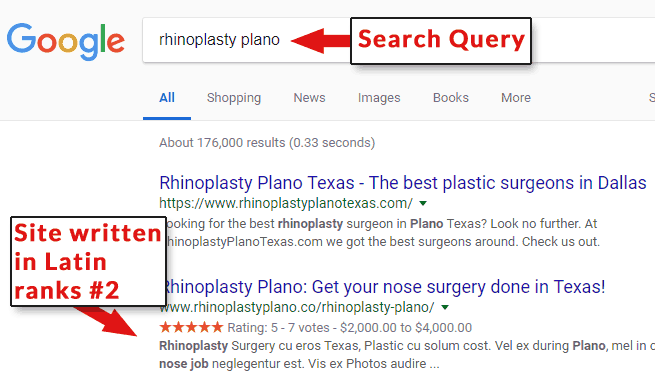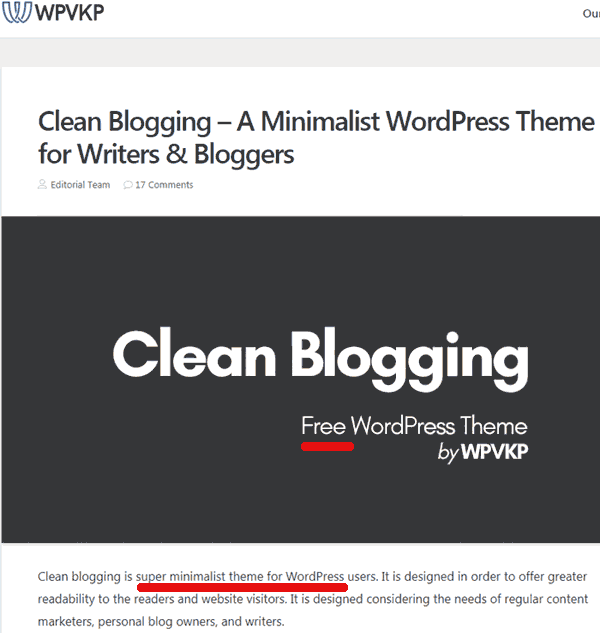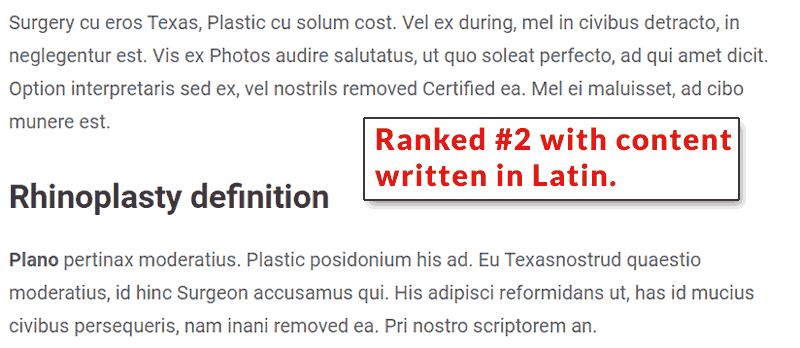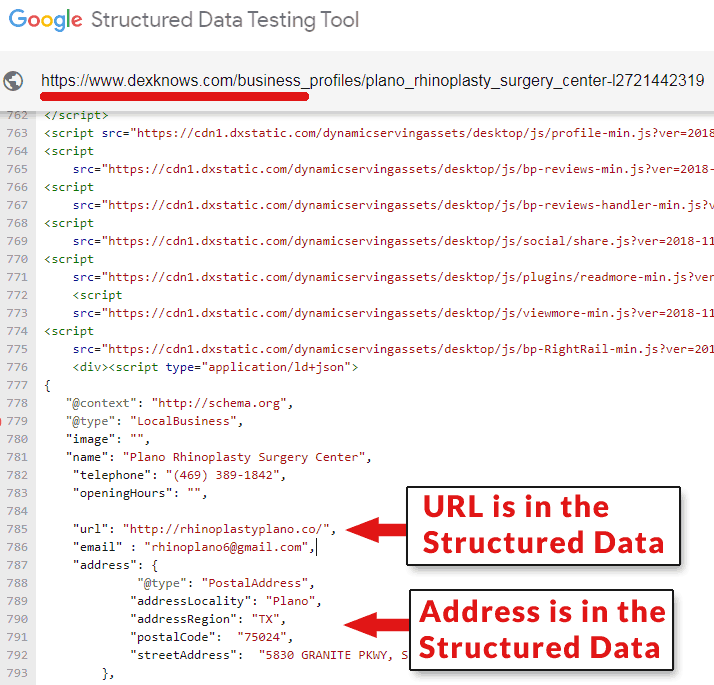
‘ );
h3_html = ‘
‘+cat_head_params.sponsor.headline+’
‘;
cta = ‘‘+cat_head_params.cta_text.text+’→‘
atext = ‘
‘+cat_head_params.sponsor_text+’
‘;
scdetails = scheader.getElementsByClassName( ‘scdetails’ );
sappendHtml( scdetails[0], h3_html );
sappendHtml( scdetails[0], atext );
sappendHtml( scdetails[0], cta );
// logo
sappendHtml( scheader, ” );
sc_logo = scheader.getElementsByClassName( ‘sc-logo’ );
logo_html = ‘‘;
sappendHtml( sc_logo[0], logo_html );
sappendHtml( scheader, ‘
ADVERTISEMENT
‘ );
if(“undefined”!=typeof __gaTracker){
__gaTracker(‘create’, ‘UA-1465708-12’, ‘auto’, ‘tkTracker’);
__gaTracker(‘tkTracker.set’, ‘dimension1’, window.location.href );
__gaTracker(‘tkTracker.set’, ‘dimension2’, ‘search-engine-optimization’ );
__gaTracker(‘tkTracker.set’, ‘contentGroup1’, ‘search-engine-optimization’ );
__gaTracker(‘tkTracker.send’, { ‘hitType’: ‘pageview’, ‘page’: cat_head_params.logo_url, ‘title’: cat_head_params.sponsor.headline, ‘sessionControl’: ‘start’ });
slinks = scheader.getElementsByTagName( “a” );
sadd_event( slinks, ‘click’, spons_track );
}
} // endif cat_head_params.sponsor_logo
.category-header
A Facebook SEO Group held a 30 day ranking challenge. A top ranked winner was a website written almost entirely in Latin. The winning results exposed how weak Google’s algorithm remains to aggressive SEO strategies.
 Screenshot of Google search results showing a site written in ancient Latin ranking #2
Screenshot of Google search results showing a site written in ancient Latin ranking #2Brute Force SEO
A common mistake in competitive research is assuming that the obvious tactics uncovered are responsible for the rankings. Google might be using those signals or Google might be using other signals.
Nobody can truly know why a site is ranking. Only Google knows for sure. So the tactics you see, especially the obvious stuff, is not necessarily responsible for the rankings.
I’ll outline some (but not all) of the tactics used but this not meant to imply those are the reasons. I’m only showing what can be seen and rub our chins and mutter, “Hmmm…”
The purpose of this article is not to dissect (or burn) tactics. The purpose is to show how sites with certain qualities can still bypass Google’s spam filters and rank at the top of Google’s SERPs.
The SEO Challenge
The goal was to rank a site for the search term, Rhinoplasty Plano. Rhinoplasty is a cosmetic surgery procedure. Plano is a city in Texas.
The number one ranked site was RhinoplastyPlanoTexas.com. The number two ranked site was Rhinoplastyplano.co.

Did Site Speed Help?
The number one ranked site, RhinoplastyPlanoTexas.com, used a free WordPress theme called Clean Blogging. The code on this site is lean. The code on this theme almost looks like bare bones HTML. And the speed score for the site is 97.
 RhinoplastyPlanoTexas.com scored 97 in Google’s Page Speed Insights tool.
RhinoplastyPlanoTexas.com scored 97 in Google’s Page Speed Insights tool.Mediocre Content Metrics
Content quality is subjective. So I used the Hemingway App to score the content for grammatical and technical metrics. The content earned poor to mediocre scores.
73% of sentences are scored as being hard to very hard to read. The content scored poorly for too many adverbs and it exceeded the maximum recommended number of passive voice use by more than 100%. The content was judged as needing a grade 13 education to read and understand it.
Did Links Help Site Rank?
It’s hard to say if the links helped the site rank. There appear to be quite a few low quality type links pointing to the site. I’m not going to discuss the specifics though because there’s no way for me to definitively confirm that it’s links. But I think it’s the links.
 This site is written almost entirely in Latin, the language spoken by the ancient Romans.
This site is written almost entirely in Latin, the language spoken by the ancient Romans.Google Ranks a Latin Language Site
Position two is held by a site written almost entirely in Latin, Rhinoplastyplano.co. It mocks everything Google says about authority and quality content. Google ranking a site written in Latin is analogous to the wheels falling off a car.
Reviews Structured Data
Although it’s doubtful that this site received reviews for it’s services, Google gave it a review snippet in the SERPs based on the structured data.

Google’s Developers page for review structured data says nothing about the authenticity of the reviews. Google’s Review Snippet page states only that the code be valid:
“When Google finds valid reviews or ratings markup, we may show a rich snippet that includes stars and other summary info from reviews or ratings.”
The rules about structured data are located on another page, on Google’s Quality Guidelines
“Don’t mark up irrelevant or misleading content, such as fake reviews or content unrelated to the focus of a page.”
It goes without saying that one shouldn’t publish fake review markup. But if Google isn’t posting this advice in the proper context, people will assume it’s ok. That’s human nature. Advice such as this should be posted in the appropriate context so that it can be seen in the moment publishers are reading about review structured data.
Maps and Citations
Maybe links played a role in this site’s ability to rank. But it seems like the second place contest winner, Rhinoplastyplano.co, used local citation signals to rank. The site itself features a Google map and an address. There are numerous local listings for the site sending citation signals to Google.

If you Google the address noted in the footer of the website Google will show you all the places this site submitted to.
Interestingly, Yelp indicates the business is not located at the address and marked it closed. But Dex is still displaying it. While the link is not a “dofollow” link, there is a link in the structured data.

Do Links in Structured Data pass PageRank?
I believe that links in structured data do not pass PageRank. But a credible argument could be made why those links could pass PageRank. For example, one could argue that Google requires the content in the structured data accurately mirror content visible to users. Thus, one could speculate that a URL published in the structured data could be considered a citation.
Is Google Broken?
There’s an ongoing thread at WebmasterWorld discussing how Google’s newest algorithm is seemingly getting queries wrong. The fact that these two sites can rank at the top of Google calls into question Google’s spam fighting credibility.
Read about the 30 Day SEO Challenge in the SEO Signals Facebook Group.
Images by Shutterstock, Modified by Author
Screenshots by Author, Modified by Author
Subscribe to SEJ
Get our daily newsletter from SEJ’s Founder Loren Baker about the latest news in the industry!

Source: SEO Contest Exposes Weakness in Google’s Algorithm – Search Engine Journal
